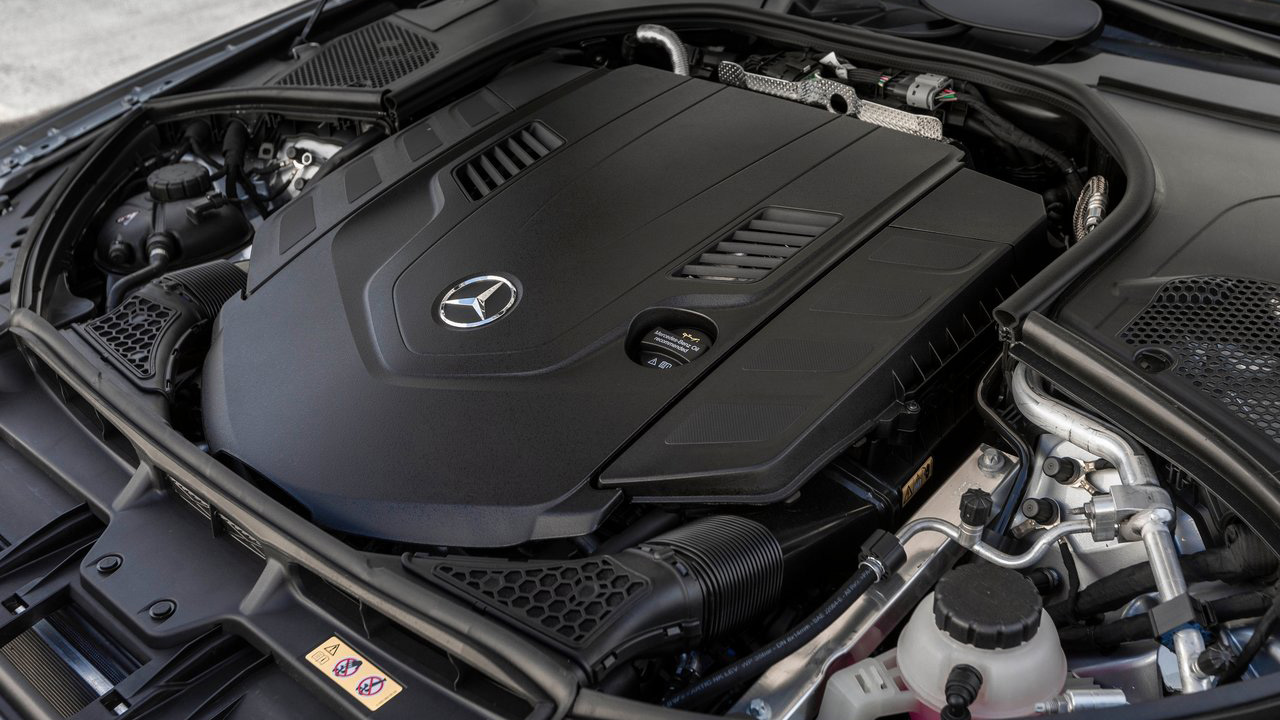Mercedes-Benz CEO Ola Källenius told Wirtschaftswoche that internal combustion engine technology "will last well into the 2030s." And huge investments are needed to ensure that petrol engines meet increasingly stringent environmental standards.
This year alone, Mercedes-Benz has set aside 14 billion euros for its passenger car division. The investment is earmarked for "high-tech combustion technology" as well as electrification and digitalisation. Although the Swedish-German business chief did not specify how much Mercedes is spending solely on internal combustion engines, he admitted it was "more money than previously planned".
Källenius spoke about the S-Class and the mid-life refresh of the flagship model, which will take place in 2026: "We have invested a lot more in the model update of the new combustion engine S-Class than we normally spend on a facelift." Mercedes' aim is to take conventional powertrains to the "highest technological level". Without spending a lot of money on petrol and diesel engines, the luxury brand would "suddenly stop the internal combustion engine business in 2027 or 2028".
Källenius was referring to Euro 7 and China 7 regulations and how engines would have to be updated to meet stricter emissions standards. Mercedes' goal is to tune all "appropriate combustion engines and transmission combinations" to avoid having to pay huge fines. The executive mentioned that future engines will be electrified to some extent, so more hybrids should be expected.
Mercedes-Benz has to adapt because the transition to electric cars is not going as planned. Three years ago, the company said plug-in hybrids and all-electric cars would account for about 50 per cent of annual sales by 2025. At one point, the company even said it would switch completely to electric vehicles by 2030 in some countries "where market conditions allow." However, that now sounds unrealistic.
Having been punched in the face by reality, Mercedes-Benz has no choice but to adjust its goals. The company now wants hybrids and electric cars to account for half of its deliveries by the end of the decade. According to Källenius, the ultimate goal of becoming a carbon-neutral brand by 2040 has not changed.
Source: Wirtschaftswoche

